Nationwide promises to protect all its branches from closures until at least 2030
The building society has extended its pledge to keep all high street Nationwide and Virgin Money branches open, now until at least 2030.


Get the latest financial news, insights and expert analysis from our award-winning MoneyWeek team, to help you understand what really matters when it comes to your finances.
You are now subscribed
Your newsletter sign-up was successful
Want to add more newsletters?

Twice daily
MoneyWeek
Get the latest financial news, insights and expert analysis from our award-winning MoneyWeek team, to help you understand what really matters when it comes to your finances.

Four times a week
Look After My Bills
Sign up to our free money-saving newsletter, filled with the latest news and expert advice to help you find the best tips and deals for managing your bills. Start saving today!
Every single branch of Nationwide and Virgin Money will keep its doors open until at least 2030, as they buck the trend of banks and building societies retreating from the high street.
Nationwide had initially committed to keeping its 696 branches (including Virgin Money) open until 2028, but has now extended its ‘Branch Promise’ until the end of the decade.
None of its branches will be closed during this period, with the building society confirming it applies even when both a Nationwide and Virgin Money branch are close to each other.
MoneyWeek
Subscribe to MoneyWeek today and get your first six magazine issues absolutely FREE

Sign up to Money Morning
Don't miss the latest investment and personal finances news, market analysis, plus money-saving tips with our free twice-daily newsletter
Don't miss the latest investment and personal finances news, market analysis, plus money-saving tips with our free twice-daily newsletter
The commitment comes as 6,626 bank and building society branches have closed since January 2015, according to research from Which?.
Between the start of 2025 and the end of 2026 alone, almost 350 Lloyds, Halifax, and Bank of Scotland branches will close their doors.
Similarly, NatWest closed 53 branches in the first half of the year. Meanwhile, Barclays will close 99 branches, and Santander will close 95 branches before the end of the year.
Amid these closures, Nationwide says demand for physical banking services remains high.
In the 12 months to September 2025, there was an 11% increase in the number of customers using Nationwide branches, as 33% of current accounts and 22% of savings accounts were opened in a branch, according to the building society.
ATM usage rose by 5% in the same period, with a 17% increase of non-Nationwide customers using in-branch cash machines.
The increased demand for Nationwide’s physical banking services is especially high in the 133 towns and villages in the UK where there are no longer any other bank or building society branches.
In these towns, current account openings are up 29% year on year and in-branch ATM usage is up 25% overall, and 96% for non-Nationwide customers, the building society said.
Jessica Sheldon, deputy digital editor at MoneyWeek, said: “It’s so important customers can access face-to-face banking services if they need to.
“Banking is an essential service to many, including the most vulnerable, and while millions of people in the UK use online and mobile banking, IT outages can and do happen. It’s alarming to see how many bank branches have closed in the past decade.”
Why is Nationwide keeping its branches open?
In 2019, Nationwide first pledged to keep its branches open until at least 2026, and then renewed it to last until 2028.
The promise was also extended to include all Virgin Money branches last year after its acquisition of the bank in October 2024.
It has now renewed and extended its branch promise to 2030 as the building society says branch closures have a “disproportionate impact on vulnerable customers”. This can especially be the case for older people who rely on face-to-face services for baking support.
At the same time, the building society says younger people still rely on branches too as over one in ten new Nationwide student accounts were opened in branches this academic year.
Though other banks have justified their closures by arguing that many customers prefer to bank online and have instead diverted funds to digital innovation, Nationwide’s data shows that this is not the case for all people.
Dame Debbie Crosbie, group chief executive of Nationwide, said: “Our customers can be confident that they can bank with us whichever way they choose. Branches are important to our customers, to communities, and to the health of our High Streets. That’s why Nationwide will continue to keep branches open in addition to our investment in online and telephone channels.”
How to access banking services when your local branch is closed
It is becoming more difficult for some to access physical banking services amid the ongoing wave of bank closures.
Research by Which? in January 2024 found 30 parliamentary constituencies have no bank branch anywhere in them, leaving around 3 million people with no access to local face-to-face banking services.
If your local bank branch closes, you might consider moving to another bank or building society with a physical presence nearby. Some may have bank switching offers – for instance Nationwide currently offers £175 as a bonus when you switch.
If you cannot or do not want to switch providers, you can instead look at where your closest banking hub is.
A banking hub is a shared banking facility that lets customers from various banks and building societies carry out banking services like withdrawing or depositing money, making bill payments, or speaking to an adviser.
There are currently around 150 banking hubs in the UK, with plans to increase this to 350 over the next five years.
If there isn’t a banking hub nearby, another alternative is by using one of the 11,635 Post Office branches in the UK – most of these offer ‘everyday banking’ services such as withdrawals and deposits.
Get the latest financial news, insights and expert analysis from our award-winning MoneyWeek team, to help you understand what really matters when it comes to your finances.

Daniel is a financial journalist at MoneyWeek, writing about personal finance, economics, property, politics, and investing.
He covers savings, political news and enjoys translating economic data into simple English, and explaining what it means for your wallet.
Daniel joined MoneyWeek in January 2025. He previously worked at The Economist in their Audience team and read history at Emmanuel College, Cambridge, specialising in the history of political thought.
In his free time, he likes reading, walking around Hampstead Heath, and cooking overambitious meals.
-
 Should you buy an active ETF?
Should you buy an active ETF?ETFs are often mischaracterised as passive products, but they can be a convenient way to add active management to your portfolio
-
 Power up your pension before 5 April – easy ways to save before the tax year end
Power up your pension before 5 April – easy ways to save before the tax year endWith the end of the tax year looming, pension savers currently have a window to review and maximise what’s going into their retirement funds – we look at how
-
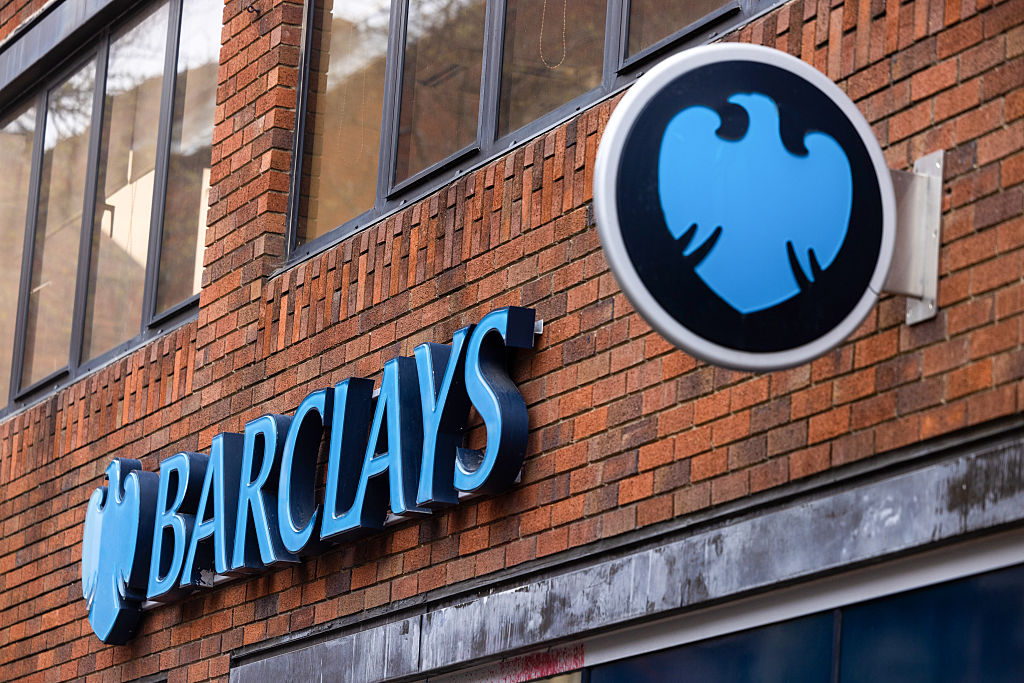 Barclays bank switch: how to get £400 'free' cash by moving accounts
Barclays bank switch: how to get £400 'free' cash by moving accountsBarclays has unveiled a £400 current account switching offer, running alongside its £500 ISA transfer deal. Which accounts are on offer, and are you eligible?
-
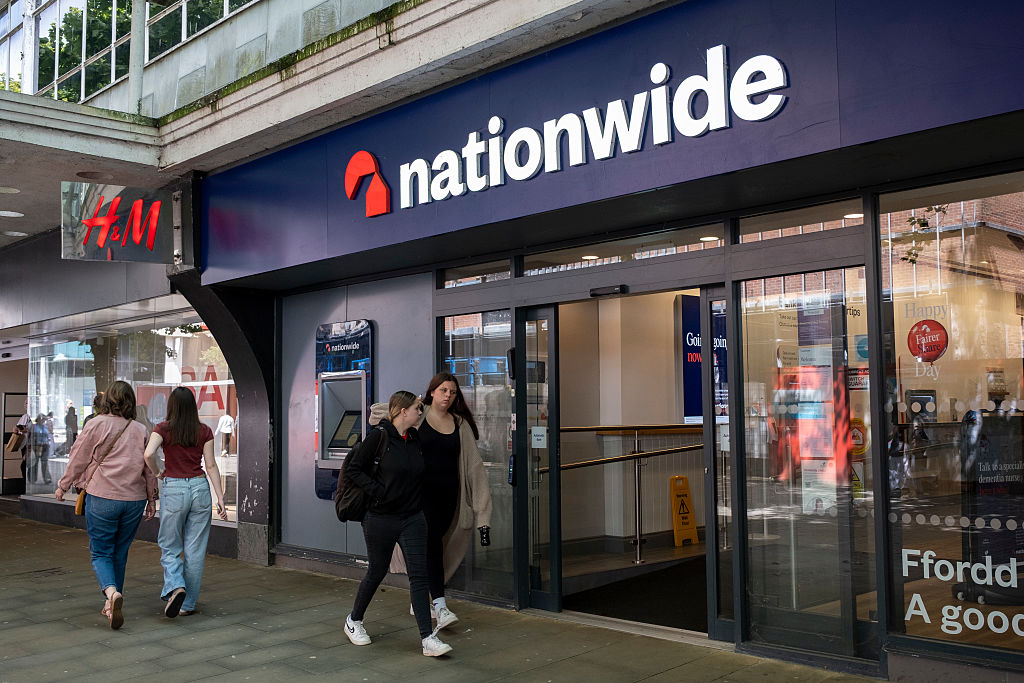 Nationwide Building Society launches £175 switching deal – who is eligible?
Nationwide Building Society launches £175 switching deal – who is eligible?Nationwide Building Society has launched a new current account switching deal. We look at whether you are eligible, and how to get the free cash.
-
 Green mortgages: how do they work and how much can you save?
Green mortgages: how do they work and how much can you save?Most high-street lenders now offer some kind of green mortgage deal. We look at who’s eligible, how to apply and the mortgage rates and cashback on offer
-
 Thousands of Brits switch to Nationwide, Monzo and NatWest – which banks are least popular?
Thousands of Brits switch to Nationwide, Monzo and NatWest – which banks are least popular?We look at the most and least popular banks and building societies as current account bank switches reach a record high. Is it worth moving your money?
-
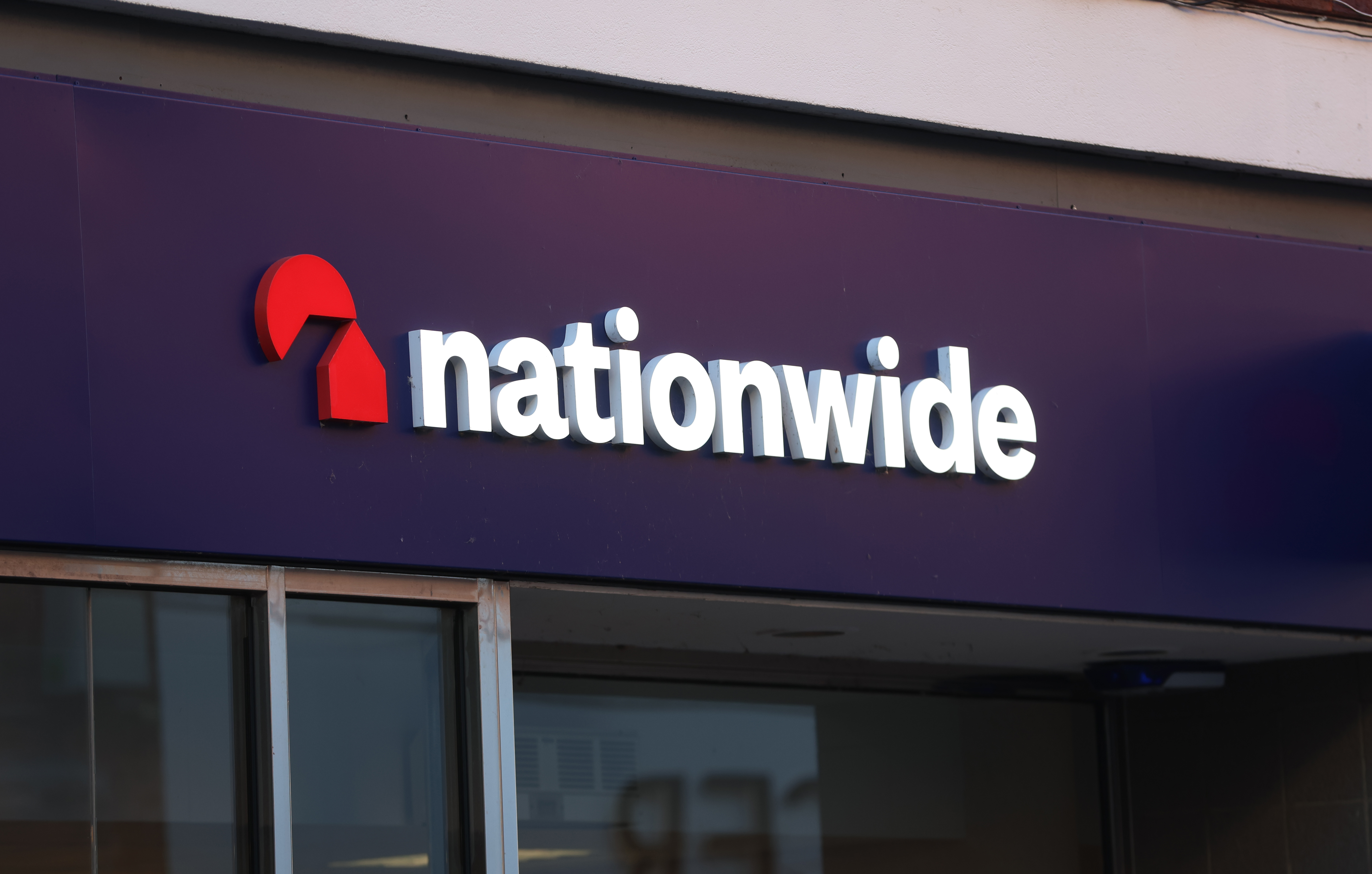 Did you get the £100 Nationwide bonus? Here’s how to check
Did you get the £100 Nationwide bonus? Here’s how to checkNationwide finished paying its £100 Fairer Share bonus last week. We explain what to do if you didn’t get it but think you’re eligible
-
 Barclays to pay millions in compensation after IT outage chaos
Barclays to pay millions in compensation after IT outage chaosBarclays intends to compensate customers after an IT outage caused payment problems for three days
-
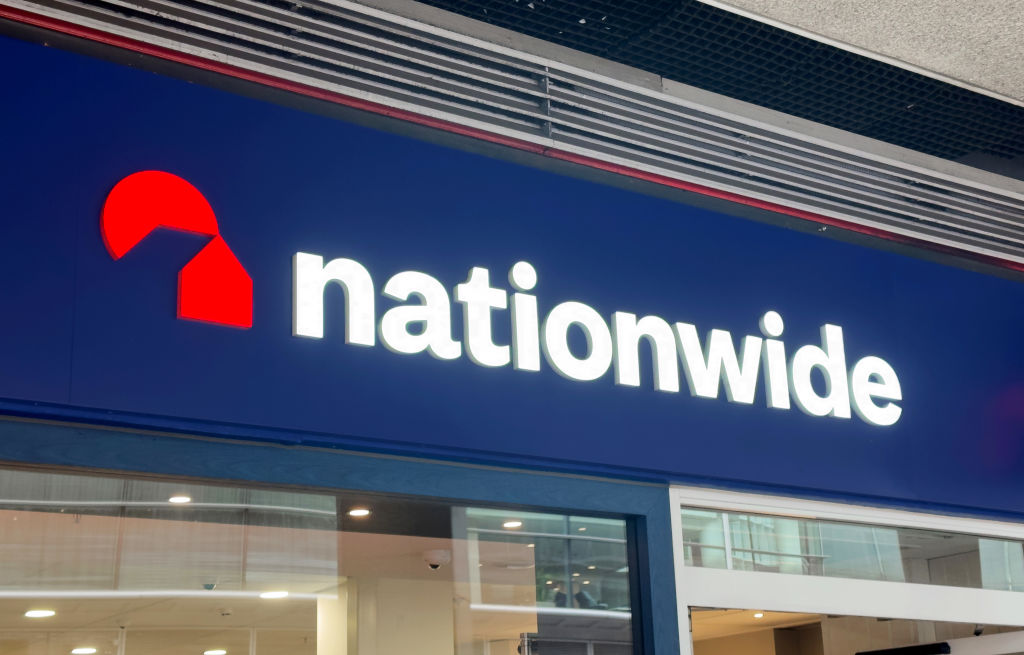 Nationwide to pull its £175 switching bonus - act now to get offer
Nationwide to pull its £175 switching bonus - act now to get offerThe building society is withdrawing its bank switching offer at the end of the month, after gaining thousands of customers last year. We explain how to qualify for the current account switching bonus
-
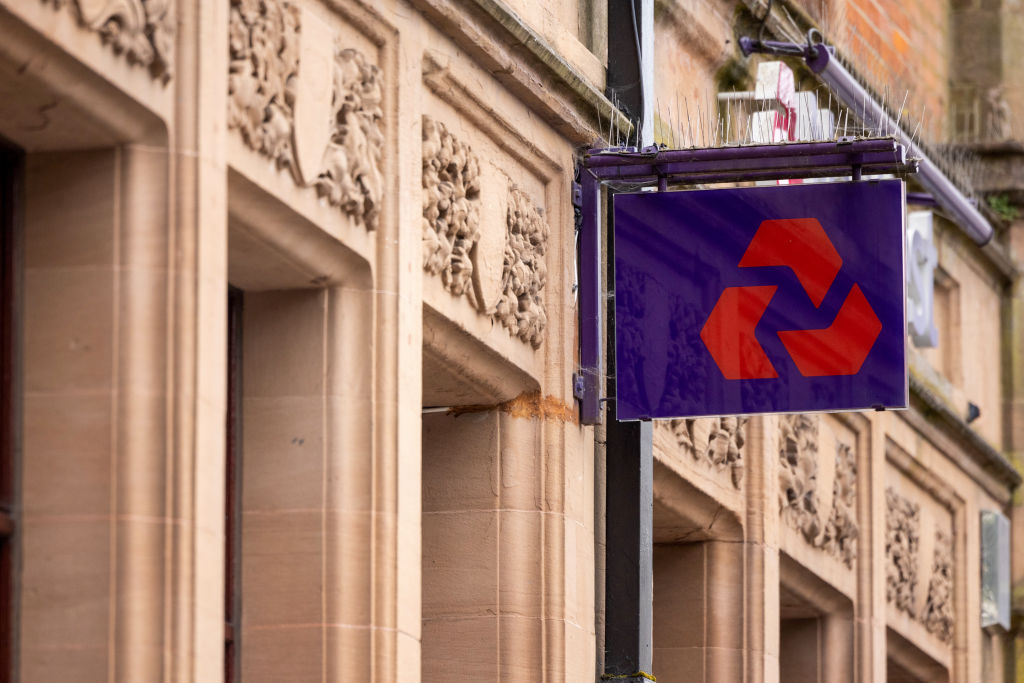 NatWest sell-off moves closer as the government offloads more shares
NatWest sell-off moves closer as the government offloads more sharesThe UK Treasury's stake in NatWest has fallen to below 11% - here is what it means for the share price